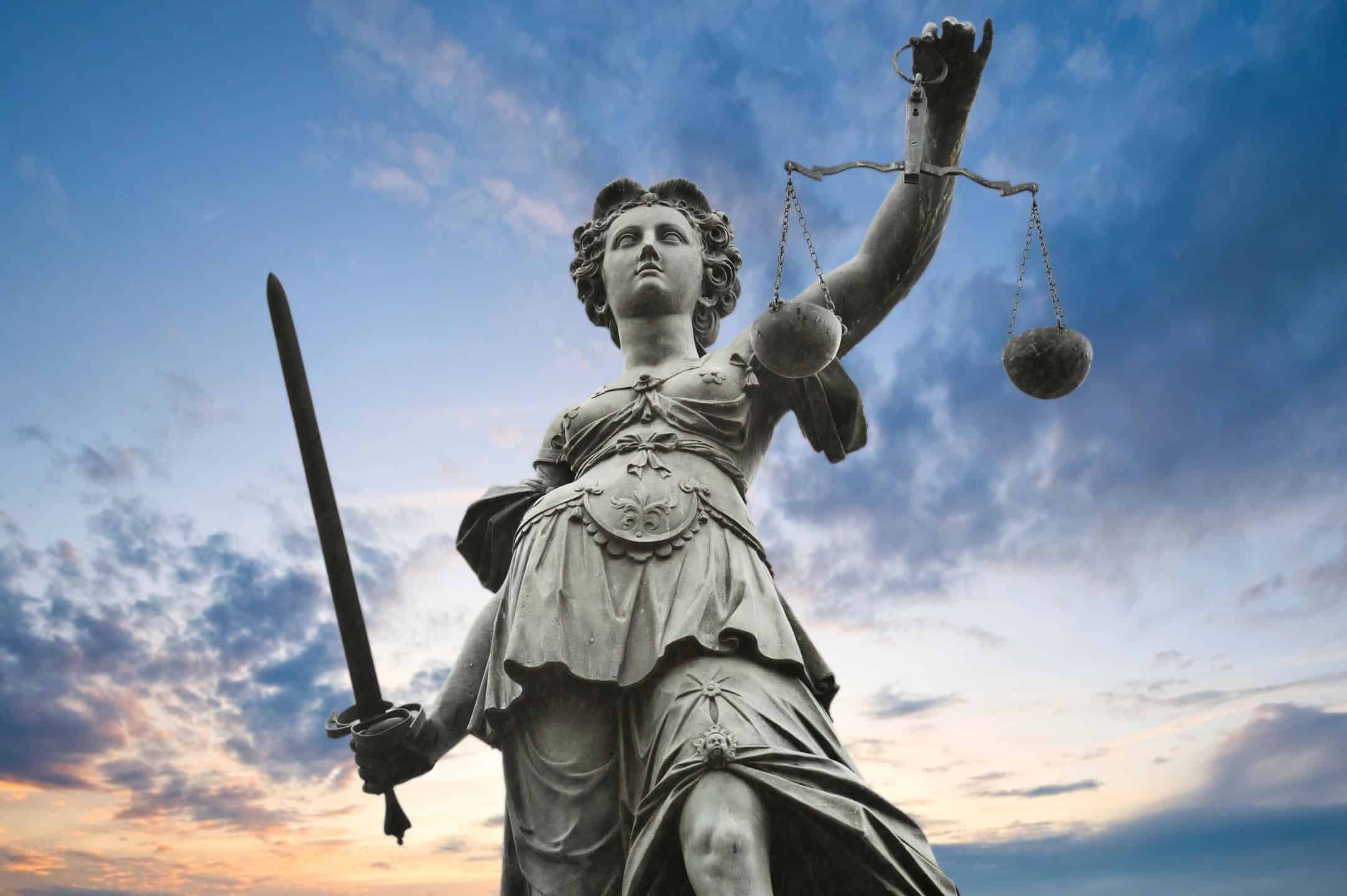
Bake the Cake, Bigot
The Supreme Court today, in a 7-2 decision, gave a small victory to defenders of religious freedom in the Masterpiece Cakeshop v. Colorado Civil Rights Commission, also known as the "Bake the Cake, Bigot" case. Justice Anthony Kennedy, writing the majority opinion, based his ruling on the explicit, anti-religious statements made by the commissioners of the Colorado Civil Rights Commission.


The Court also noted the disparate treatment given by the Commission to other bakers who had been asked to bake cakes by a man named William Jack containing Biblical references condemning homosexual behavior. Three separate bakers refused to make those cakes, and the Commission found that the messages were offensive and so the bakers didn't have to bake those cakes.
This, of course, begs the question: Offensive to whom?
Offensive to the ideals of the commissioners.
Reading the dissent by Ginsburg and Sotomayor, it is not exactly clear, short of burning Masterpiece Cakeshop owner Jack Phillips at the stake, how the state's civil rights commission could demonstrate sufficient anti-religious animosity to join the majority opinion. (For the record: Sotomayor demonstrates her ability to be empathetic, but only to the right kind of plaintiff—exactly what President Barack Obama wanted.)
Questions left unanswered
What the Court avoided in its decision (which is likely why the result is 7-2 and not 5-4—or even 4-5 the other way) was ruling on the more substantive freedom of religion and freedom of speech issues raised by the case. The case can't be used as a precedent for other cases absent blatant, on-the-record hostility from a state agency or a lower court. It's not clear if the Court would have ruled in Phillips' favor without the animus.
The Arlene's Flowers, Inc. v. Washington case is similar in that it involves someone in the wedding industry, in this case a florist, who refuses to lend her talents to a gay wedding ceremony. Like the Masterpiece Cakeshop case, the issue involves freedom of religion and speech, but there doesn't appear to be the institutional animus on display that could allow the Court to avoid those bigger issues.
What's next?
David Harsanyi of The Federalist and Rod Dreher over at The American Conservative come closest to how I see this decision.
How did the commission know that Phillips wasn’t offended by the gay wedding cake itself but by the sexual orientation of the couple? How did they know the secular cakemakers were offended by the message and not the theology? What will stop “civil rights” commissions from continuing to cloak their animus against religion in acceptable bureaucratic jargon? And what stops them from trampling on religious freedom and free expression?
Dreher:
What if a gay couple went to Masterpiece Cakeshop tomorrow and asked for a wedding cake, and Jack Phillips turned them down, and they go to the Colorado Civil Rights Commission to complain? Could the Commission deliver the same verdict against Masterpiece, but do so in apparently neutral language, and therefore be on the right side of today’s ruling?
If not, why not? What’s to stop gay activists, who have tied this small business owner up in court for five years, from doing it again to him — and this time, expecting the Colorado Civil Rights Commission to be more careful to conceal its hostility to him?
I fear that's the takeaway from today's decision: Hide your anti-religious bigotry a little better, and then you can say: "Bake the cake, bigot."
For the record
David French over at National Review has a more optimistic take on the issue.
The Lord works in mysterious ways, and it is no small irony that the same justice who just struck a blow for the dignity of the faithful is also the man most responsible for creating the constitutional right to same-sex marriage. State bullies beware, when Justice Kennedy declared in Obergefell that the First Amendment still protects religious people as they seek to teach and uphold those “principles that are so fulfilling and so central to their lives and faiths,” he meant what he said. Tolerance, it appears, is not a one-way street.
Unfortunately, at best, there's only a 5-4 majority for this opinion. There has been chatter online that Chief Justice John Roberts had Kennedy write the narrow majority opinion in this way to get Justices Elena Kagan and Stephen Breyer onboard.
Tags




